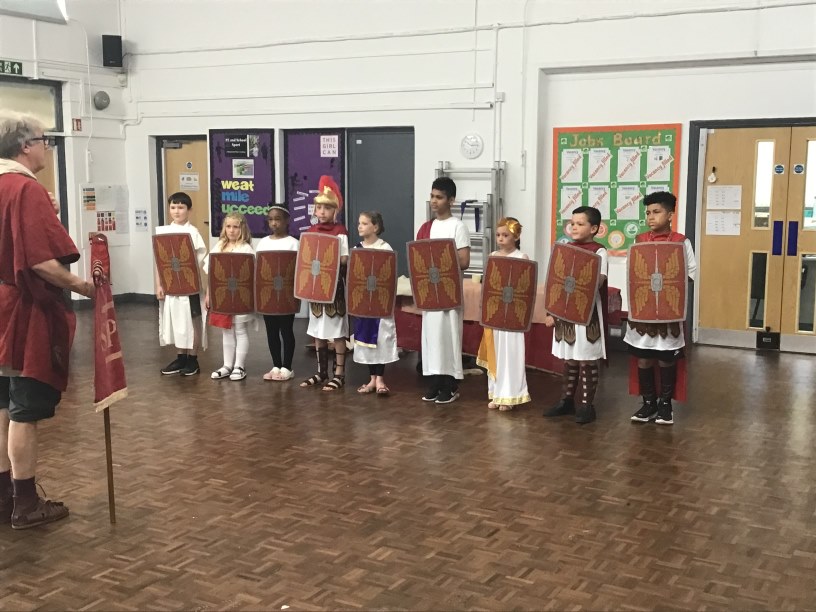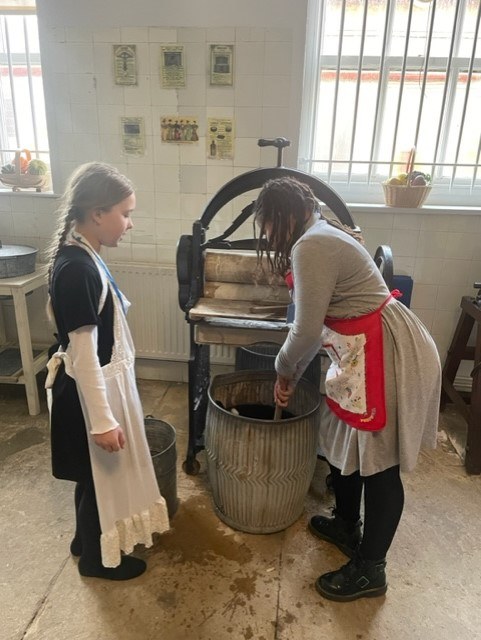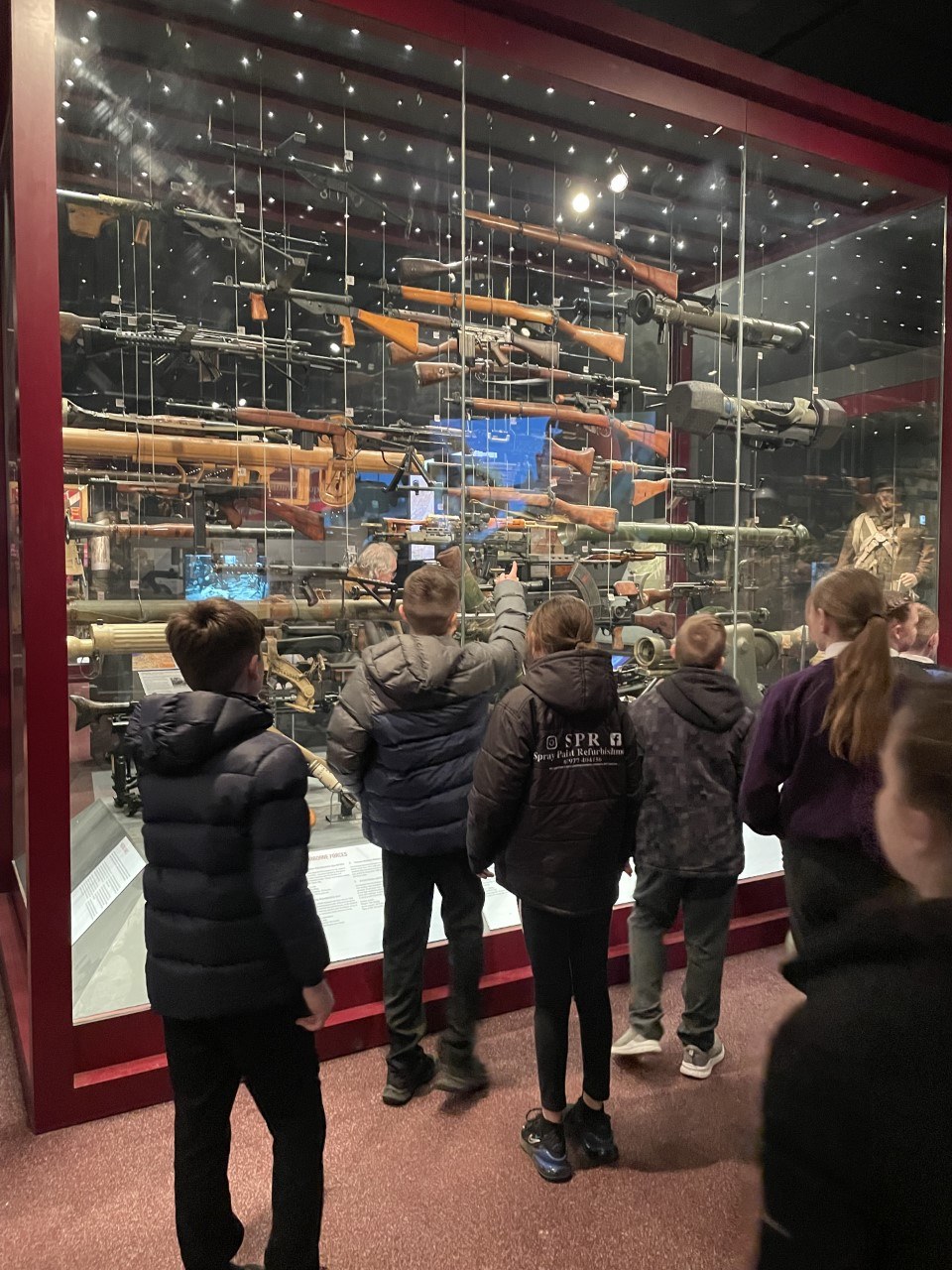History
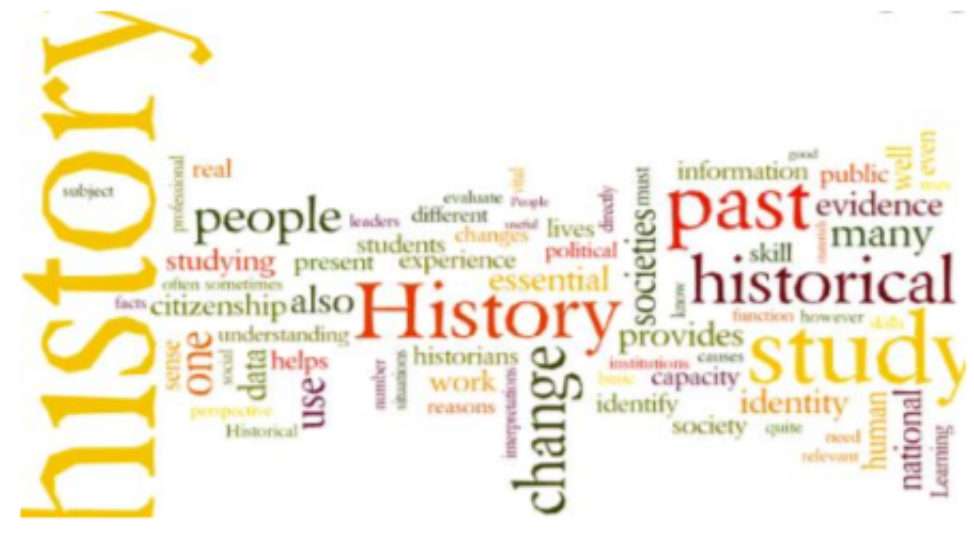
At Kingswood Primary Academy we follow the national curriculum for history. In history pupils develop an awareness of the past, using common words and phrases relating to the passing of time. They are taught where people and events they study fit within a chronological framework and identify similarities and differences between ways of life in different periods. Pupils are taught changes within living memory through the study of changes in toys and transport. Pupils are taught about events beyond living memory that are significant nationally or globally such as the Great Fire of London and Remembrance Day. They also learn about the lives of significant individuals in the past who have contributed to national and international achievements such as Guy Fawkes, Florence Nightingale, Christopher Columbus and Queen Elizabeth II.
In history, our Key Stage 2 pupils study changes in Britain from the Stone Age until the end of the Viking era plus a study of a significant event in British history post 1066 – World War II. They study the achievements of European ancient civilisations and their impact on our world today such as the Ancient Greeks and non-European ancient civilisations such as the Mayans and Ancient Egyptians. In Key Stage 2 children follow a yearly cycle for history.
To enhance children’s learning in history, children participate in visits to outdoor locations such as Rockingham Castle. Children also enjoy immersive in school experience days such as historical workshops, visits from local historians and British Celebration experiences such as holding a street party.
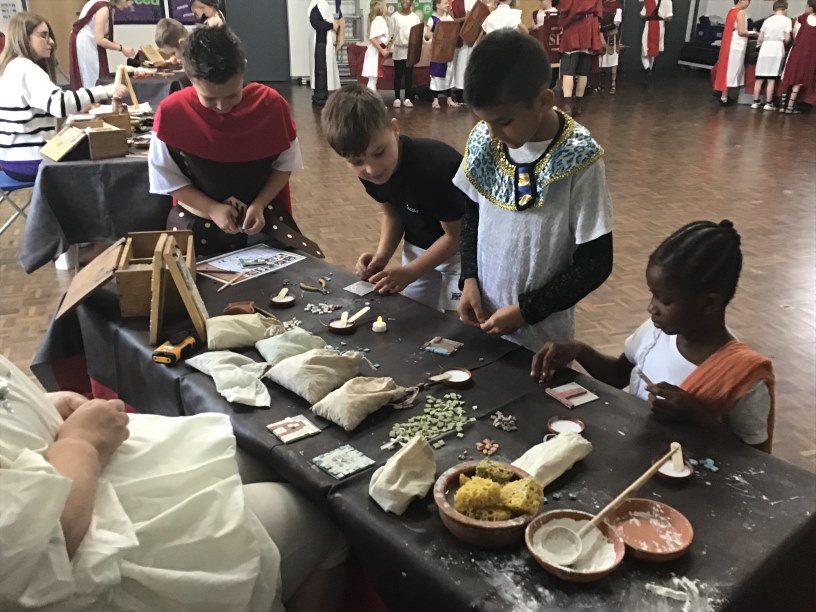
 Intent:
Intent:
The choice of History units is informed by the national curriculum and are sensitive to children’s interests, as well as the context of the local area. The history curriculum at Kingswood Primary Academy is carefully planned and structured to ensure that current learning is linked to previous learning and that the school’s approaches are informed by current pedagogy. In line with the national curriculum 2014, the curriculum at Kingswood aims to ensure that all pupils:
• Gain a coherent knowledge and understanding of Britain’s past and that of the wider world which helps to stimulate pupils’ curiosity to know more about the past.
• Are encouraged to develop questioning skills, think critically, weigh evidence, sift arguments, and develop perspective and judgement.
• Begin to understand the complexity of people’s lives, the process of change, the diversity of societies and cultures, and relationships between different groups, as well as their own identity and aspirations, and the challenges of their time.
The history curriculum at Kingswood Primary Academy draws from and makes full use of the immediate and wider local area to enrich their learning, enabling children to develop a deep understanding of the rich history of their locality.
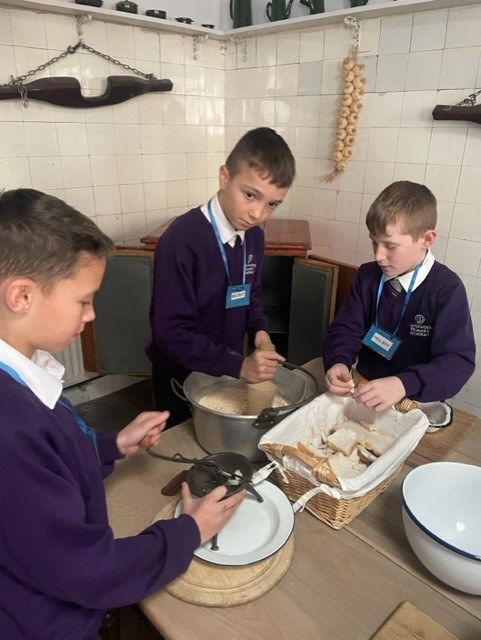
 Implementation:
Implementation:
History is taught in blocks throughout the year, so that children achieve depth in their learning. The key knowledge and skills of each topic have been identified and consideration has been given to ensure progression across topics throughout each year group across the school. At the beginning of each topic, children revisit what they know already as well as what they would like to find out. This informs the programme of study and also ensures that lessons are relevant and take account of children’s different starting points.
By the end of year 6, children will have a chronological understanding of British history from the Stone Age to the present day. They are able to draw comparisons and make connections between different time periods and their own lives. Interlinked with this are studies of world history, such as the ancient civilisations of Greece, Ancient Egypt and the Mayans.
Cross curricular outcomes in history are specifically planned for, with strong links between the history curriculum and English lessons enabling further contextual learning. Planning is informed by and aligned with the national curriculum. Within our knowledge-rich approach, there is a strong emphasis on people and how lives have changed over time to enable us to have the society we have today.
The Early Years Foundation Stage (EYFS) follows the ‘Development Matters in the EYFS’ guidance which aims for all children in reception to have an ‘Understanding of the World; people and communities, the world and technology’ by the end of the academic year.
Our whole curriculum is shaped by our school vision which aims to enable all children to develop their individual talents, realise their potential and aspire to become the very best they can be, regardless of background and ability. History lessons should be taught with our ethos in mind; inspire wonder and intellectual curiosity. We teach the National Curriculum through our chosen periods of History.
There is no single lesson format at Kingswood, teachers use their professional judgement to decide the most appropriate format for teaching based on the concept being taught and what their assessment tells them about their learners.
The KPA History Journey – Long Term Plan document demonstrates the history content of topics and when these are to be taught. Unit planners provide the substantive and disciplinary knowledge to be learned as well as key questions for enquiry. Vertical concepts are revisited throughout our history learning, providing a consistent context that allows pupils to situate new knowledge in their wider historical understanding and revisit key themes throughout our history to help them better understand the world in which they live.
 Impact:
Impact:
We aim for our children to know and remember more throughout their history journey. We aim to equip them to ask perceptive questions and develop their enquiry skills i.e. to think critically, weigh evidence, sift evidence and develop perspective and judgements. They should also leave our school with a learned chronology of events from British history and the wider world.
Outcomes in History and English books evidence a broad and balanced history curriculum and demonstrate the children’s acquisition of identified key knowledge. Emphasis is placed on analytical thinking and questioning which helps pupils gain a coherent knowledge and understanding of Britain’s past and that of the wider world and are curious to know more about the past. Through this study pupils learn to ask perceptive questions, think critically, weigh evidence, sift arguments, and develop perspective and judgement. Regular experience days, visitors into school and trips outside of school provide further relevant and contextual learning, engaging member of the community in children’s learning and providing positive role models from the community for children to learn from.

